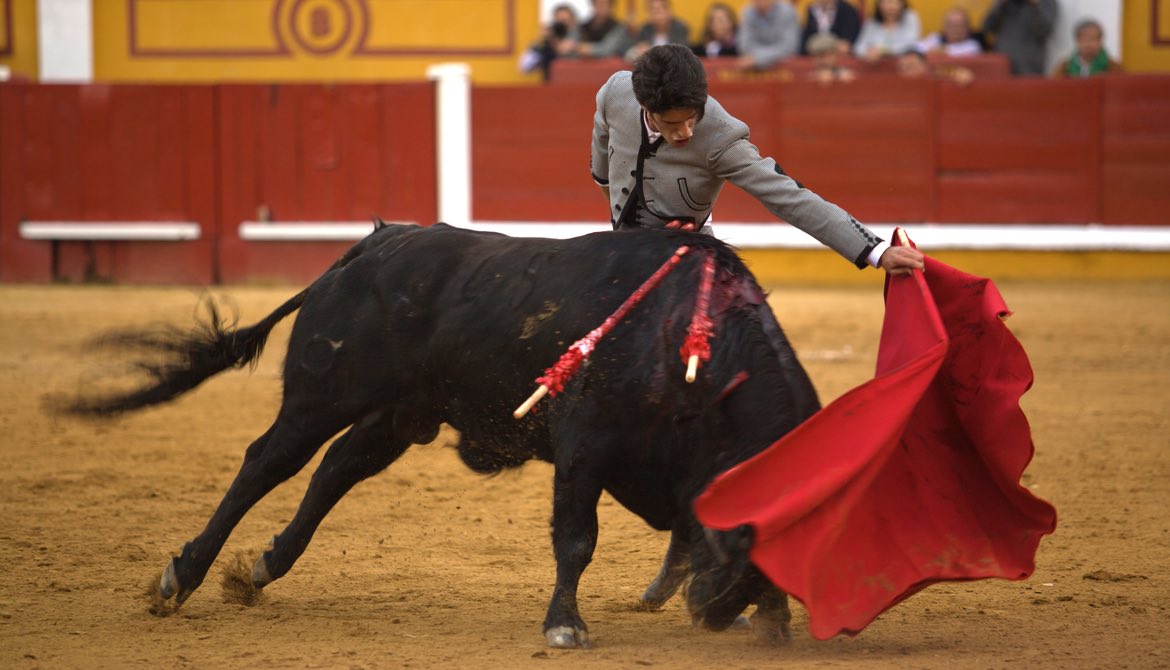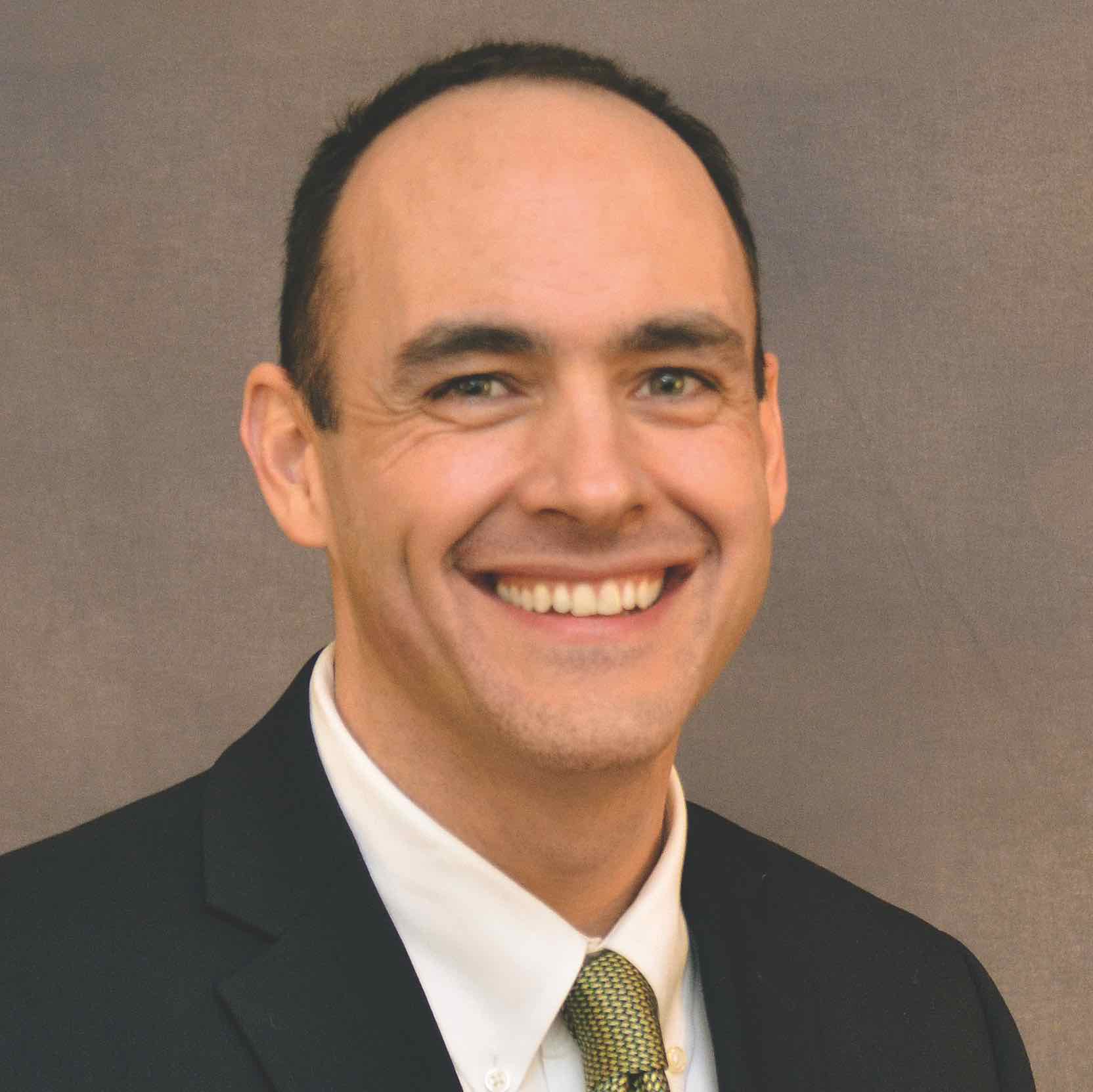3 minutes
Like matadors, leaders accept responsibilities, in addition to enjoying perqs.
Steve Farber, president of Extreme Leadership, opened this week’s CUES Symposium: A CEO/Chairman Exchange with Extreme Leadership: Your Radical LEAP at Work and Beyond.
Early in his session, Farber quoted Terry Pearce, who said, “There are many people who think they want to be matadors, only to find themselves in the ring with two thousand pounds of bull bearing down on them, and then discover that what they really wanted was to wear tight pants and hear the crowd roar.”
In the context of leadership, many of us look at the trappings of senior leadership—the perqs, decision-making authority, and prestige—and think that it looks pretty good. What we don’t always realize is that authentic leadership extends beyond those benefits and requires real personal investment and occasional sacrifice. Not only that, but leadership occurs at all levels of the organization and many of the best leaders do not have title or formal authority. Farber uses the acronym LEAP to define what effective leadership entails. Leaders cultivate Love, generate Energy, inspire Audacity and provide Proof.
Love. Some say there is no place for love in business. Farber says that’s nuts. Love is good business. Loving your business and demonstrating it to your employees and members engenders an emotional commitment that creates loyalty. Love is also the foundation of energy, audacity, and proof—the other key elements of effective leadership. Farber contends that there is no way to create a culture people love working in unless you first love the culture yourself. Each day, consider the reasons you get up and go to work, and then determine how you are going to demonstrate it through your actions. Ask yourself, “Why do I love this credit union/idea/product/colleague/member? And how do I show it?”
Energy. Noel Tichy wrote in The Leadership Engine that “leaders model the intensity and energy that it takes to stay ahead competitively and meet ever more ambitious goals. They do this because they love what they do.” Farber asked the audience to look around the room and take note of what was in it. Stating the obvious, he noted that everything in the room—tables, chairs, table linens, paint, light fixtures—was made by a company, and the companies that lead the pack are those that are passionate about what they make or do, no matter what it is. He held up Gillette as an example. Now a part of Procter and Gamble, Gillette is the world’s leading producer of razors and they hire people who are passionate about their product. Farber quoted one employee in the Shaving Technology Laboratory who said, “We own the face. We know more about shaving than anybody. I don’t think obsession is too strong a word.” That’s energy, and it has resulted in an 80 percent market share for Gillette. If employees of a razor company can get so energized by razor blades, imagine what credit unions could produce. We have a deep primal need to be a part of something great and, when we discover what that is, it creates energy. Ask yourself, “What do we really do here? What’s the higher meaning and purpose in our work?”
Audacity is a bold and blatant disregard for normal constraints to change the world for the better. How do you know if you’re being bold? Farber describes it as an “Oh, $#&%! Moment,” or OSM for short. You know that feeling you get when you are convinced by your 10-year-old child to go on the roller coaster at the fair, even against your better judgment, and you get to the top of the first hill and see a 200-foot drop. That’s an OSM! As a leader, you should be experiencing OSMs on a regular basis. When you step up to do something and you feel and OSM coming on, consider it a sign that something is right. If the only reason you can think of to not do something is because you are scared to do it, that is a reason to do it. This is what audacity feels like. Ask yourself, “How are we going to change the world of our members, employees, market, or industry?” Expect a little fear; it comes with audacity.
Proof. Finally, we have to prove ourselves as leaders, no matter where we are in the organization. If you are asking the people you lead to trust you, you need to prove you are trustworthy. James Kouzes and Barry Posner, authors of The Leadership Challenge, state that the essential step to providing proof is DWYSYWD--Do What You Say You Will Do. It's simple, really. Keep your word. It’s a bolder step than it sounds, because it requires you to answer, “Do I really want to do this?” If you do, you follow through; if you don’t, step aside and let others lead. So the question remains, do you want to want to be a matador or just wear tight pants and hear the roar of the crowd? Leaders take risks and bear responsibility. They instill Love, generate Energy, inspire Audacity, and provide Proof that they are worthy to lead. Are you ready to LEAP?
Christopher Stevenson, CIE, is CUES’ SVP/chief learning officer.






